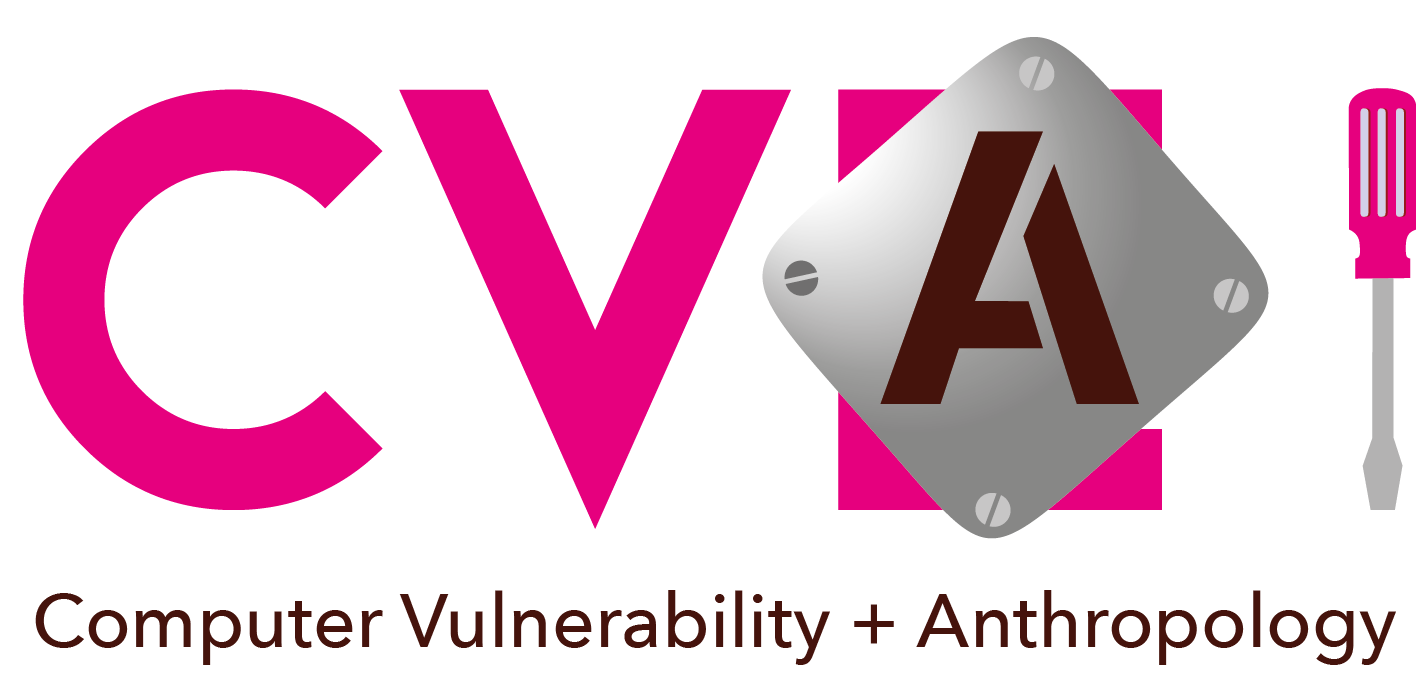Welcome to the OpenPGP group!
Here's a little explanation to guide you through it.
- Click on "Artifacts" to have access to every document that we post on this group. They're organized by posting dates.
- If you're looking for a specific document, use the search engine. You can look for a title or a keyword.
- If you're on an artifact and want to see related documents, click on one of the hashtags of the artifact.
-If you find an artifact interesting, we encourage you to annotate it! To do so, scroll to the bottom of the artifact where you'll find an "Annotate" button. Click on it, and choose :
You'll find the already existing annotations under the annotated artifacts.
Thank you for collaborating with us!
CVA team

2018/5/14: screenshot of ARS TECHNICA article about EFAIL (Full PDF)